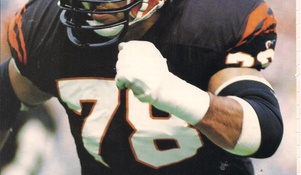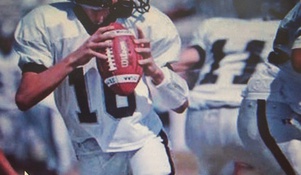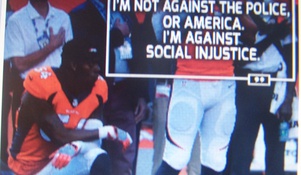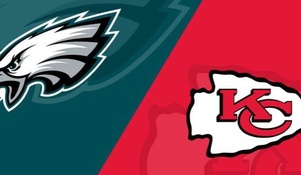CTE & Concussions - did anyone really know?

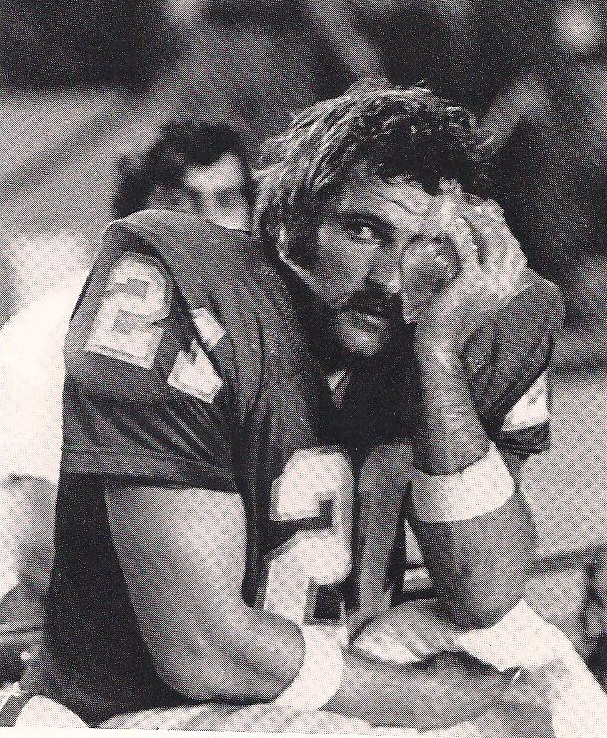

I recently watched the movie concussion. There is no happy ending in this movie. It's very sad to see how many former players are suffering from CTE. While I can certainly sympathize with what they are going through, I don't think we can point all of the blame at the NFL hierarchy.
The NFL is a money making machine, of that there is no doubt, and they should be doing all they can to help these players in need, but to say they had full knowledge of the long term damage a concussion could cause, is probably not true, and not fair.
There were so many things that we, as a society did not know about years ago, or that we simply didn't pay attention to. If you were born anytime before 1975, you know what I'm talking about. Safety was not something we thought about all that much.
For instance, very few people wore a seat belt, very few people who rode a motorcycle or a bicycle wore a helmet. It wasn't all that long ago when most hockey players didn't wear a helmet, and a lot of goalies didn't even wear a mask. Kids played games like dodge ball and climbed on monkey bars. We made ramps to ride up and over with our bikes. We climbed up trees and jumped off rooftops. We did things that in today's world would be considered very unsafe and dangerous, and we thought nothing of it.
Football was no different. The head slap, spearing, the clothesline, the chop block, headhunting, cheap shots and late hits were all commonplace in the NFL. No one knew or thought about the long term effects, or how they might suffer later in life.
I can tell you from my own experiences of playing youth and high school football in the 1970's. No one ever worried about the possible long term effects of concussions or injuries. I fully understand there is a big difference between high school football and the NFL, but anyone who played football on any level during the 1970's or before knows exactly what I'm talking about. I can't tell you how many times I heard the term “he got his bell rung”. This was the term used for a mild concussion. Unless you had a really bad concussion where you couldn't tell how many fingers the team trainer was holding up, you just kept playing. That buzzing noise between your ears, and the ache in your head would subside after a while, and you thought nothing more of it.
Another example of not knowing, or lack of knowledge, was coaches telling you to not drink too much water because if you did you would get stomach cramps. They weren't denying you water to be mean, they really believed it, and we believed them. Today we know the opposite is true. We know how dangerous dehydration can be, and thankfully, we now know how dangerous concussions can be too.
The NFL has made many rule changes, and made vast improvements to the equipment a player wears, in an effort to decrease the number of injuries, and concussions, but injuries still occur and concussions still occur. There is no quick fix or easy answer, but it is my belief that part of the problem is the rampant use of anabolic steroids in the NFL.
Players starting using them in the 1970's. The usage increased in the 1980's, and it has only gotten worse since. Now they are even using HGH (human growth hormone) It is a known fact that the use of anabolic steroids will make you bigger, faster, stronger, and more aggressive. Bigger, faster, stronger, more aggressive, equals more violent collisions. More violent collisions equal more concussions. If the NFL is serious about protecting players from concussions, they need to get serious about stricter testing, and they need the cooperation of the players union to do this.
I don't think you can blame the NFL for not knowing about the long term effects of concussions. No one really knew years ago, but they know it now, and knowing what they know now, they should be doing all they can to help these former players.
There are those who will say the players knew the risk they were taking, but did they really? There are those who will say they were well compensated for playing, and that is true. It is also true that some players blew their money on fancy cars, fancy clothes, fancy houses, and didn't invest wisely or prepare for life after football, but the fact remains that they put their bodies on the line, week after week, year after year, not only for their respective teams, but for the league as well. You would think the NFL, a multi billion dollar operation, would feel some obligation to assist these players, especially those suffering from CTE.

